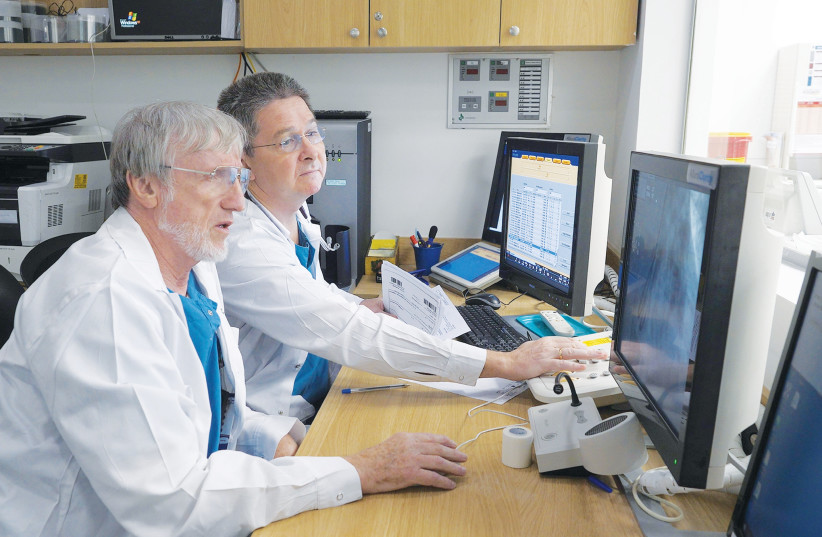Non-fungible tokens (NFTs) could be used to help patients gain control over their personal health information, a Baylor College of Medicine research published this week suggests.
NFTs, which are created using blockchain technology, are mainly used as a digital art market platform.
However, according to scholars in the fields of ethics, law, informatics and bioethics, NFTs could be an opportunity to revolutionize the medical field, they wrote in a paper published in the scientific journal Science.
NFTs could potentially be used to democratize health data, helping individuals gain control and participate in decisions about who can see and use their information, according to the research's author Dr. Kristin Kostick-Quenet.
"Our personal health information is completely outside of our control in terms of what happens to it once it is digitalized into an electronic health record and how it gets commercialized and exchanged from there," Kostick-Quenet said.

In the research, the authors state that despite their potential, NFTs are still vulnerable to data security flaws, privacy issues and disputes over intellectual property rights.
"In the era of big data, health information is its own currency...it has become commodified and profitable," Dr. Amy McGuire and Prof. Leon Jaworski stated.
"Using NFTs for health data is the perfect storm between a huge marketplace that's evolving and the popularity of cryptocurrency, but there are also many ethical, legal and social implications to consider."
